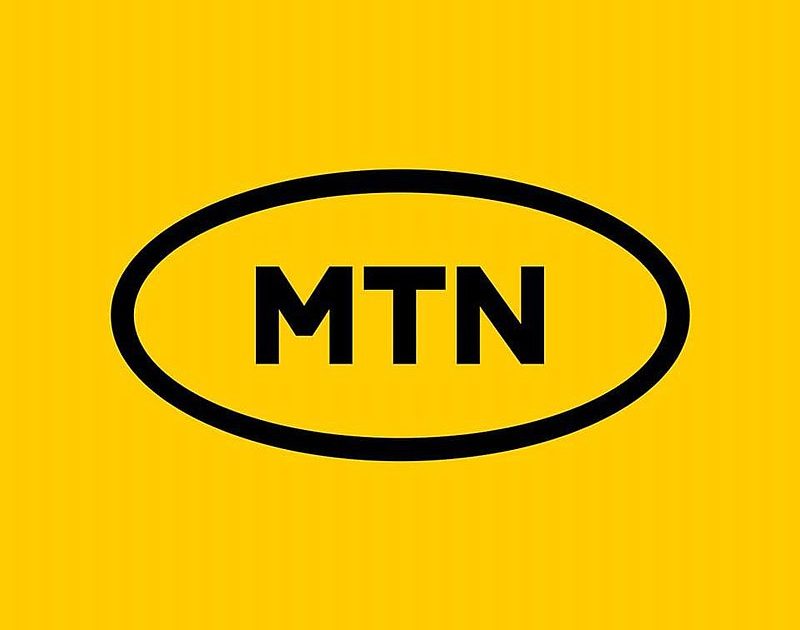MTN Nigeria Communications Plc, a leading telecommunications provider in Nigeria, has secured a significant regulatory victory with the renewal and extension of its crucial 800MHz spectrum licenses. The Nigerian Communications Commission (NCC), the regulatory body overseeing the telecommunications sector, has granted a ten-year renewal for MTN’s first 800MHz spectrum band license (Channel 1), effective from January 1, 2025, to December 31, 2034. Simultaneously, the NCC has extended MTN’s second 800MHz spectrum band license (Channel 2) by four years, aligning its expiration with Channel 1 on December 31, 2034. This development provides MTN with long-term spectrum security, bolstering its capacity to deliver high-speed 4G services and expand its network infrastructure.
The 800MHz spectrum band plays a pivotal role in delivering widespread 4G coverage due to its favorable propagation characteristics. Lower-frequency bands like 800MHz travel farther and penetrate buildings more effectively than higher-frequency bands, making them ideal for providing coverage in both urban and rural areas. The renewal and extension of these licenses ensure MTN’s continued access to this vital spectrum resource, enabling the company to maintain and expand its 4G network, catering to the growing demand for data services in Nigeria. This spectral asset is essential for supporting various data-intensive applications, including video streaming, online gaming, and social media access, which are becoming increasingly integral to the digital economy.
The harmonization of the expiration dates of both licenses simplifies future renewal processes, reducing administrative complexities and providing greater predictability for MTN’s long-term spectrum strategy. This alignment allows MTN to focus on network development and service enhancement, rather than navigating separate renewal procedures for each license. The synchronized expiration dates streamline regulatory compliance, promoting efficiency and allowing for more cohesive long-term planning. This harmonization also benefits the NCC, simplifying their oversight and ensuring consistency in spectrum management.
Karl Toriola, the CEO of MTN Nigeria, expressed his satisfaction with the regulatory decision, highlighting its significance for the company’s strategic objectives. The renewed and extended licenses provide a “solid foundation” for the continued delivery of 4G services, addressing the escalating demand for data connectivity. This development reinforces MTN’s commitment to enhancing connectivity and expanding access to digital services across Nigeria. The secured spectrum resources will play a crucial role in driving economic growth and social development by enabling access to information, education, and various online services.
MTN’s investment in and commitment to 4G technology is a testament to its dedication to providing cutting-edge telecommunications services in Nigeria. 4G technology offers significantly faster data speeds and lower latency compared to previous generations of mobile technology, enabling a seamless user experience for data-intensive applications. This commitment to 4G aligns with the global trend of increasing data consumption and the growing reliance on mobile internet access for various aspects of daily life. MTN’s investment in 4G infrastructure not only benefits its customers but also contributes to the overall development of the digital ecosystem in Nigeria.
The renewal and extension of the 800MHz spectrum licenses represent a strategic triumph for MTN Nigeria, solidifying its position as a leading telecommunications provider. This regulatory approval reinforces the company’s long-term commitment to the Nigerian market and its dedication to providing reliable and high-speed connectivity to its customers. By securing these crucial spectrum resources, MTN is well-positioned to continue driving digital innovation and empowering Nigerians with the transformative potential of mobile technology. The company’s ongoing investments in network infrastructure and its focus on expanding 4G coverage will play a vital role in supporting Nigeria’s digital transformation and fostering economic growth.


